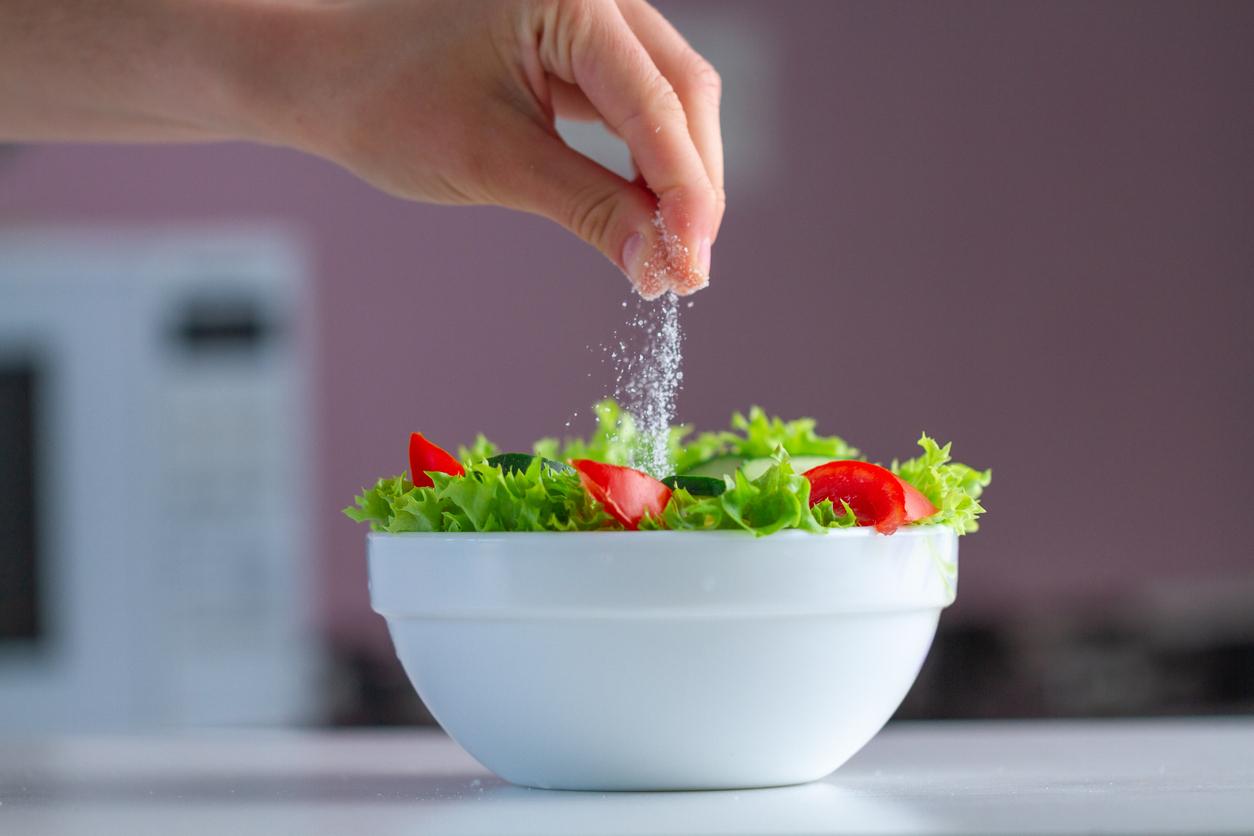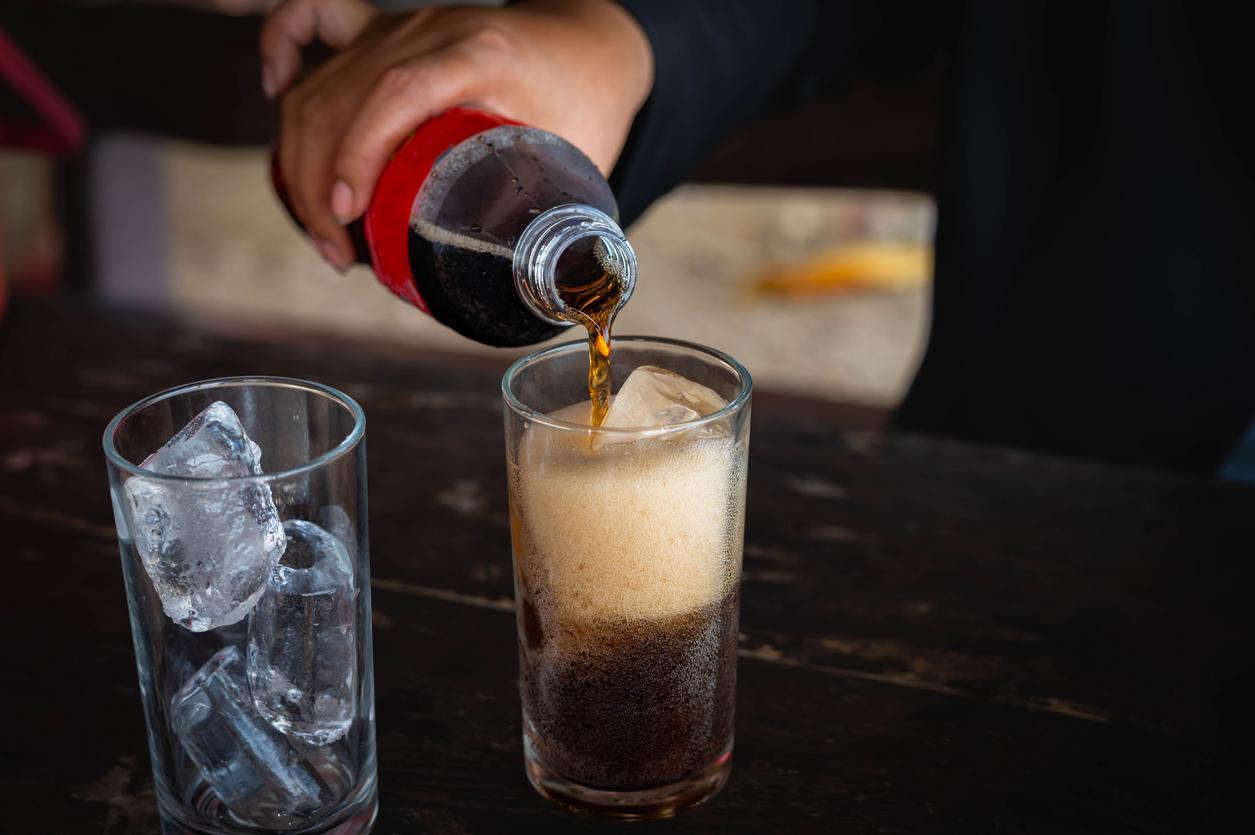
June 6, 2017.
According to a study published in the journal Nature, we would find traces of plastic in many stocks of table salt. A presence which would be due to the pollution of the sea …
Plastic waste in the sea
Pollution of the sea by plastic waste is a real concern, it poisons aquatic fauna and could also end up on our plate. In any case, this is what Malaysian researchers reveal, who explain in a study that they found traces of decomposed plastic and synthetic fibers in 17 brands of table salts. 5 French brands would be affected.
But how is it possible that plastic manages to pass all the sea salt purification filters? Because they are extremely fine particles. According to the authors of this work, they originate in particular synthetic clothes that lose fibers when they are washed in the washing machine. These fibers are then evacuated with the wastewater and end up in the sewers and then in the sea.
The plastic microbeads of cosmetic products in question
But this is not the only explanation. Researchers also question micro-beads found in certain exfoliating cosmetic products or in certain toothpastes. Plastic micro-balls which are already suspected of doing a lot of damage in the oceans. They are indeed ingested by the fish which poison themselves little by little. In France, the Biodiversity law, passed in July 2016, provides for the prohibition of these exfoliating microbeads.
This measure should come into effect in 2018. From 1er January 2020, plastic cotton swabs will also be banned in France. The authors of this study nevertheless wanted to reassure consumers: the amounts of plastic found in salt are so small that they do not pose a health hazard. But when we know that we find traces of plastic in certain shellfish or wild fish, we are entitled to wonder about the long-term effects of this waste in our body.
Marine Rondot
To find out more: Why it is essential to recycle your waste















